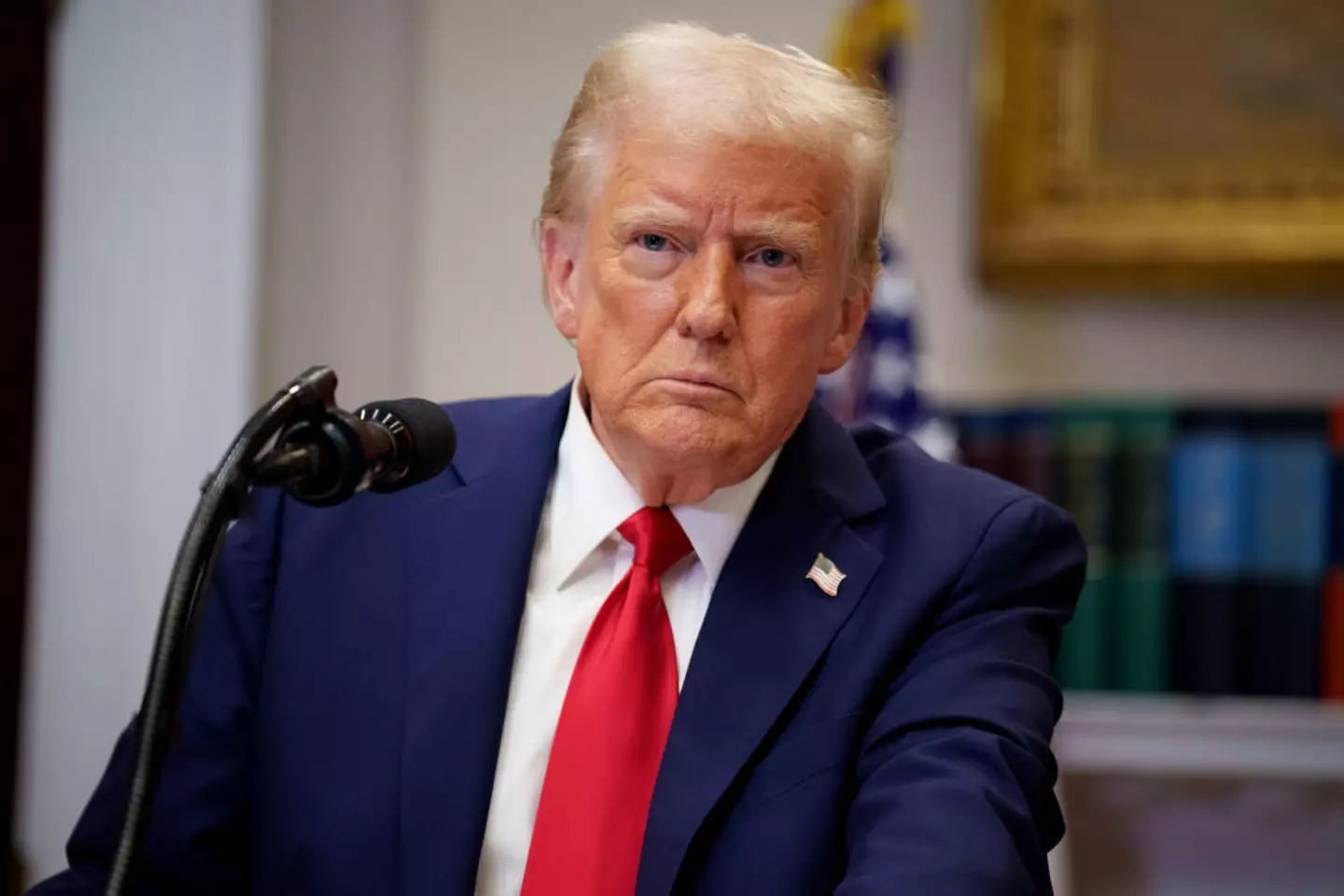The new tariffs implemented by President Donald Trump targeting Canada, Mexico, and China have caused a significant decline in the cryptocurrency market, with losses amounting to about $300 billion. These tariffs were introduced due to their potential repercussions.
Upon his return to the Oval Office on January 20, Trump initiated these tariffs as part of his broader agenda to address what the White House has characterized as an ‘extraordinary threat posed by illegal aliens and drugs’.
A statement from the White House has deemed this threat a national emergency, prompting the new president to announce substantial tariffs against countries both neighboring and further afield.

In an effort to ‘hold Mexico, Canada, and China accountable to their promises of halting illegal immigration’ and stop drug trafficking into the United States, Trump has enforced an additional 25 percent tariff on imports from Canada and Mexico, with a 10 percent tariff on imports from China.
While these tariffs are predicted to affect everyday goods like cell phones, liquor, and gasoline, their impact is also being felt in the digital economy.
Forbes reports that crypto values dropped by roughly $300 billion in the combined market following Trump’s tariff announcement.
Bitcoin, in particular, fell nearly 10 percent at its lowest, dropping overnight between February 2-3 to just over $91,000, before rebounding to around $95,000. However, this was one of the less severe crypto impacts.
Ethereum faced a more significant loss, dropping nearly 20 percent before a partial recovery, though Solana, a major ethereum rival, decreased by only six percent.
Nick Forster, Founder of Derive.xyz, explained to FXStreet why the tariffs resulted in such a market downturn: “The recent tariffs imposed by Trump are likely to lead to increased inflation, which could dampen investor sentiment in crypto markets.”
Forster further elaborated that increased inflation might trigger a rise in interest rates, a situation historically linked with unfavorable conditions for cryptocurrencies.

Petr Kozyakov, CEO of the crypto payment platform Mercuryo, informed Forbes that Trump’s tariff announcement on January 31 incited a ‘tidal wave of fear, uncertainty and doubt’ throughout the cryptocurrency market.
“The prospect of prolonged higher interest rates has rattled all global markets,” he stated. “While bitcoin has dropped below the $100,000 mark, the King of Crypto is once again proving itself to be in a class of its own in marked contrast to altcoins bleeding dark red across the board.”
Adding to the conversation, investment expert Jeff Park took to Twitter to suggest that the tariffs might ultimately benefit bitcoin in the long term.
In a tweet, he stated: “Tariffs might be just a temporary tool, but the permanent conclusion is that bitcoin is not only going higher—but faster. While both sides of the trade imbalance equation will want bitcoin for two different reasons, the end result is the same: higher, violently faster—for we are at war.”

